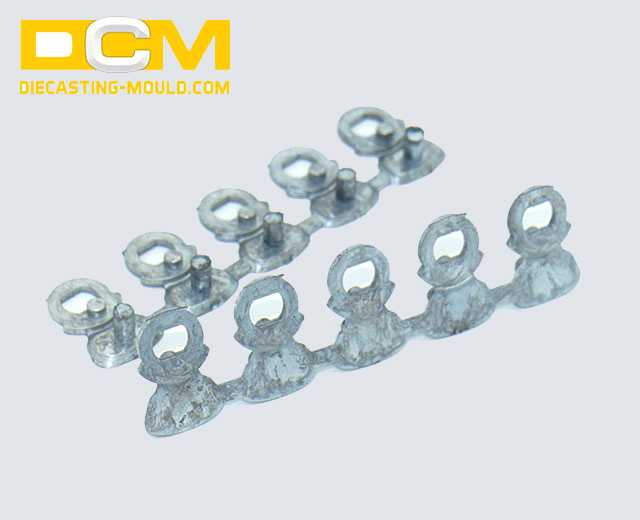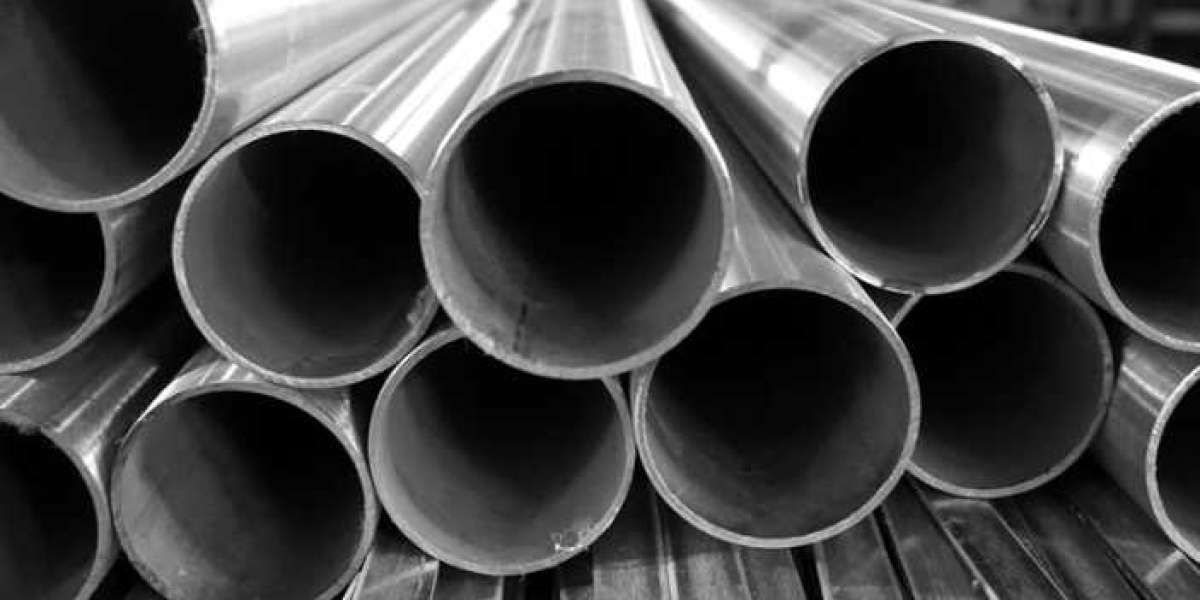The process of die casting aluminum is a prominent metal forming technique that is widely adopted in manufacturing industries for the purpose of mass producing intricate parts that possess precision characteristics. Junying, a well-known die casting manufacturer, provides clients with comprehensive aluminum die casting solutions that are tailored to meet the requirements of a variety of projects. The methodology of aluminum die casting, the benefits it offers, the industries that it serves, and high-quality aluminum die casting on Junying are all discussed in this article.

Methodology for Die Casting Aluminum Aluminium
In order to complete the process, molten aluminum alloys are injected into reusable steel dies at high pressures ranging from 500 to 1200 bars using the injection method. A380, ADC12, and 319 alloys are examples of commonly used casting aluminum grades for die casting. These alloys exhibit qualities such as excellent castability, strength, and resistance to corrosion. The die design, the cooling rates during the solidification process, and the precision control over injection pressure levels are the most important factors that influence the die casting procedure and cycle times. These factors are regulated by computer-controlled casting machines.
At Junying, we offer services for die casting aluminum.
In addition to having over fifteen years of experience, Junying is the owner of cutting-edge cold chamber die casting machines that are fitted with hydraulic closing units that are able to apply clamping forces of up to three hundred metric tons. Additionally, Junying possesses in-house capabilities for the design and manufacturing of tooling, which enables the company to facilitate the rapid production of prototype aluminum die casting components prior to undertaking larger batch volumes. As an integrated manufacturer, Junying provides value-added services such as computer-aided numerical controlled machining, surface treatments, and final assembly. These services make it possible for Junying to handle projects through a single point of contact, from the initial concept to the final delivery.
There are many benefits to die casting aluminum.
In addition to the dimensional precision and stability of finished parts that are replicated from steel tooling molds, the aluminum die casting process offers a number of other significant advantages as well. There are numerous applications in which the surface quality of aluminum die casting can be smooth without the need for secondary machining operations. The scalability of production enables cost-effective manufacturing across all stages, from prototype to mass volumes produced. A wide range of industries have requirements that can be satisfied by the characteristics of aluminum alloys, such as resistance to fatigue and corrosion. When compared to other methods of fabrication, the die casting process offers superior advantages in terms of overall life cycle cost.
Applications
The use of aluminum die casting is making its way into a variety of industries, including transportation, infrastructure, consumer durables, and industrial machinery manufacturing, thanks to its dimensional accuracy, resistance to corrosion, and cost effectiveness. Among the many examples are the following: housing components and switchgear for home appliances; trim pieces and sub-assemblies for automobiles; connectors and sensor housings for electronic devices; hardware fittings for construction; and piping and vessel fittings for the oil and gas industries.
Juniy's Capabilities in the Field of Service
Junying offers comprehensive project support services that cover the entire lifecycle of a project, beginning with conceptualization and feasibility studies and continuing through production, delivery, and after-sales services. Consultancy, virtual prototyping, in-house tool fabrication, multi-station automated casting lines, value-added machining, plating, and packaging operations are all seamlessly integrated into the production process. In order to guarantee the dependability and traceability of the output, dedicated quality assurance protocols and industry certifications are utilized. Providers of technical support services assist in the upgrading of equipment and the ramping up of production in response to shifting demands.
 Meet Ups
Meet Ups
 Experiences
Experiences
 Learning Center
Learning Center
 Accommodation
Accommodation
 Roomie
Roomie
 Ride
Ride
 Spread the Word
Spread the Word
 Student Bazaar
Student Bazaar
 Jobs
Jobs
 Blogs
Blogs
 About StudentInsta
About StudentInsta

